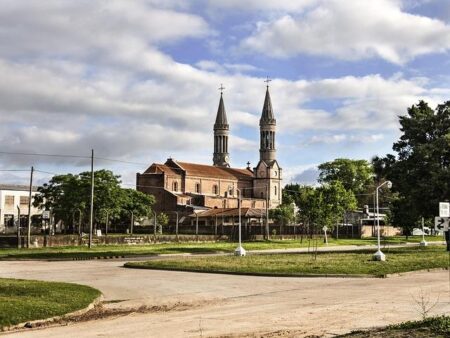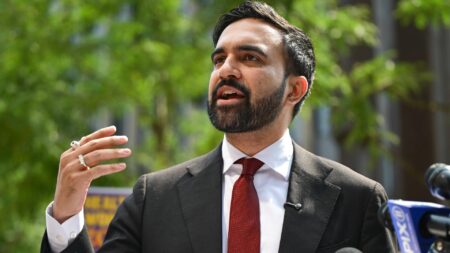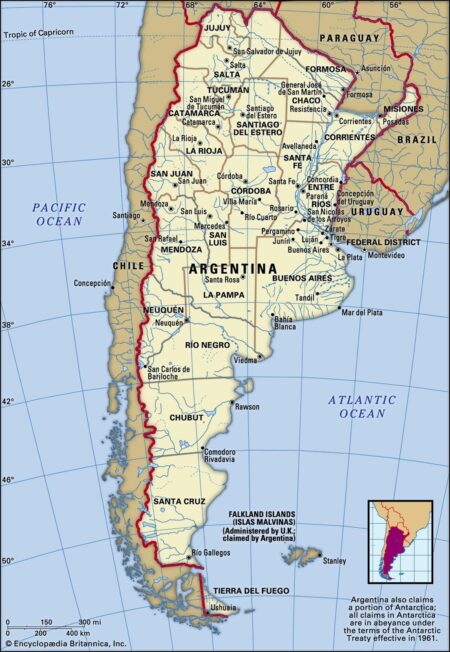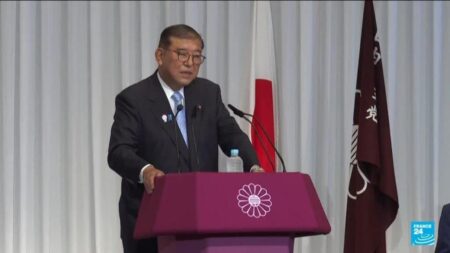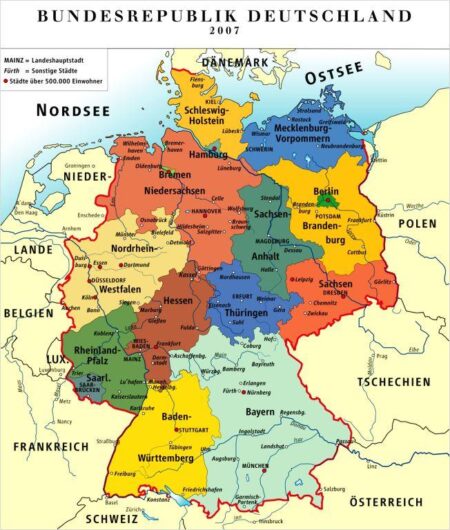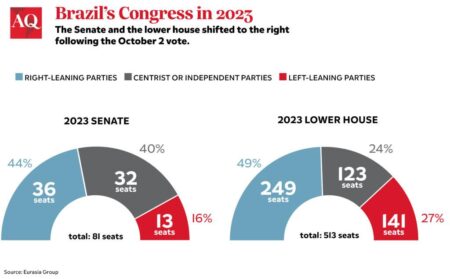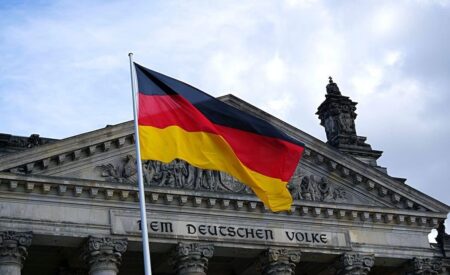Japan has enthusiastically embraced its new prime minister, inspired by his hands-on leadership and daring commitments to rejuvenate the economy. His fresh vision ignites a wave of optimism, shattering years of political fatigue and economic challenges, and rekindling the public’s trust
Browsing: political change
Kevin Rudd’s political era, forged amid a distinctive global and domestic backdrop, has drawn to a close. The world that once shaped his career has evolved dramatically, bringing new and exciting challenges for Australian leadership and policy
Germany’s leader has acknowledged a “changing” dynamic with the U.S., highlighting how their diplomatic and economic ties are evolving to meet global challenges head-on. United, both nations are determined to reinvent their partnership and shape a stronger future together
Over the past 40 years, Spain and Portugal have transformed from isolated economies into vibrant, dynamic powerhouses within the EU-driving growth, modernizing infrastructure, strengthening democratic institutions, and reshaping their influence across Europe
A vibrant left-wing party is shaking up Germany’s political landscape, boldly challenging the entrenched centrist dominance with fiery calls for sweeping social reforms and greater economic equality-signaling thrilling changes just over the horizon
Thousands of dictatorship-era army officers and their supporters flooded the streets of Argentina, igniting a powerful surge of conservative energy amid escalating political tensions. This electrifying rally highlights the growing divisions tearing through the nation as it approaches pivotal elections
Another dramatic floor-crossing marks a pivotal moment in an extraordinary year for Canadian politics, highlighting shifting loyalties and reshaping the parliamentary landscape, CBC reports
Miriam González is poised to revolutionize Spain’s political landscape, boldly breaking free from Nick Clegg’s shadow with groundbreaking reforms and a vibrant new vision. Her rise signals an exhilarating shift at the core of the nation’s centrist politics
Mamdani secures a groundbreaking victory in the NYC mayoral race, marking a bold new chapter for Democrats. His win signals a dynamic transformation in the city’s political scene. Recap by USA Today
Argentina’s far-right leader Javier Milei faced a surprising setback in the recent elections. Now, experts are abuzz with speculation: will Milei shift his strategy or double down on his fiery rhetoric as the political landscape shifts?
Japan’s once-unshakable ruling party faced a shocking defeat in recent elections, as voters decisively swung to the right, signaling a dramatic turning point in the nation’s political landscape. Experts warn this shift could reshape policy and governance in profound and lasting ways
Germany’s Social Democrats have officially bid farewell to Olaf Scholz as party leader, marking a pivotal moment just ahead of the upcoming elections. This transition sparks an exciting new chapter for the SPD as they navigate shifting political landscapes
Brazil’s political landscape is buzzing with dynamic shifts, sparking new waves of change that are sending ripples through the markets. Investors need to stay sharp, watch for policy signals, and be prepared to adjust their strategies as uncertainty rattles stocks and currency values
Ali France, the newly elected Labor candidate, has captured attention by toppling the influential Liberal MP Peter Dutton in a remarkable electoral upset. Renowned for her deep community ties and passionate advocacy, France’s victory marks a significant turning point in voter sentiment and priorities.
The “Zeitenwende” in German foreign policy marks a significant shift, as Berlin reassesses its role in global security. Prompted by recent geopolitical tensions, Germany is poised to enhance military spending and assertiveness on the world stage.
Germany has suspended its UN refugee resettlement program, reflecting the priorities of its new coalition government, which is poised to adopt a less welcoming stance towards migrants. This shift raises concerns about the country’s commitment to humanitarian efforts.
Mark Carney has been sworn in as Canada’s new prime minister, marking a significant political shift after nine years of leadership under his predecessor. Carney, a former Bank of England governor, promises to address pressing economic challenges.
Canada is poised for a leadership change as a new prime minister will soon be appointed. Crucial issues such as climate policy, healthcare, and economic recovery dominate the political landscape. Stay informed on the potential implications for Canadians.
Many Chinese observers perceive a cultural revolution unfolding in the United States, marked by heightened political polarization, social justice movements, and shifting norms. This evolving landscape prompts reflections on their own societal dynamics and values.
Germany’s next leader faces pressing global challenges, unlike previous administrations that focused inward. As geopolitical tensions rise and the EU’s stability is tested, proactive engagement on the world stage becomes imperative for Germany’s future.








